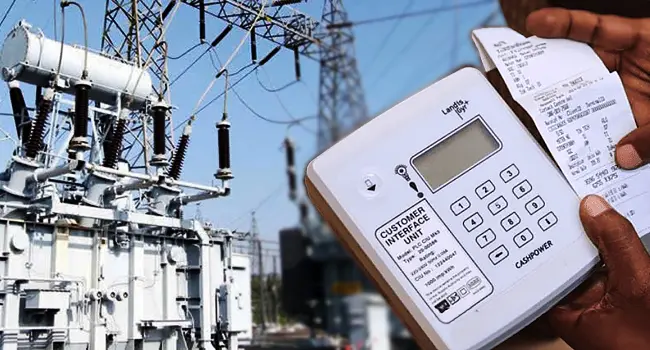The reduction of electricity tariff for Band A customers in Enugu state has sparked a wave of concerns within the Power Generation sub-sector of the power industry.
The Enugu Electricity Regulatory Commission’s (EERC) which just announced slash of electricity tariffs for Band A customers from N209/kWh to N160/kWh, effective August 1, 2025, has received backlash from the Association of Power Generation Companies (APGC) with reaction that warned of possible negative fallout and repercussions.
The Association said the action of EERC has broader implications for the sector that is currently under pressure.
According to the chief executive officer of APGC, Joy Ogaji, the decision would possibly set a precedent that could further undermine the long-term viability of the Nigerian Electricity Supply Industry (NESI).
Ogaji, noted in a note made public that the action poses serious risks of systemic failure if critical financial and structural issues remain unaddressed.
She dismissed insinuation that the federal government (FGN) is subsidising the electricity sector, arguing that what is currently unfolding is not subsidy support but an unsustainable accumulation of debt. “There is no FGN policy on electricity subsidies. What we are witnessing is unchecked debt accumulation,” she said.
She noted that the monthly invoice for electricity generation averages around N250 billion, but only N900 billion was allocated for the entire 2025 fiscal year—an amount that, as of July 21, 2025, remains unfunded.
Based on EERC’s tariff order, the generation cost per kilowatt-hour is pegged at N112, but only N45 is reflected in the tariff, leaving a 60 per cent shortfall presumably to be covered by FGN—despite no clear financing plan or cash backing.
In her analysis, Ogaji, said the tariff issued by EERC has set a precedent for all other states, stressing that there are many, and burning questions about dealing with obligations and liabilities including all legacy debts post privatisation but before the exit to state independence in the decentralisation discourse.
She recalled that GenCos are currently owed about N4 trillion (N2 trillion for 2024 and N1.9 trillion in legacy debts) (2015-2024) with an accumulated debt of N1.2 trillion for first half of 2025 alone and there are no workable solutions, including cash payments, financial instruments, and debt swaps in sight at the moment.
She also informed that the 2025 government budget allocates only N900 billion, raising concerns about its adequacy to cover arrears and future deficits. The power generated by GenCos have continued to be consumed in full without corresponding full payment.
“At the inception of the privatisation, as part of the takeover process and in line with the Government’s objectives, the GenCos entered into several agreements, including the Performance agreement, which defined the contractual relationship between FGN and GenCos”, she noted.

